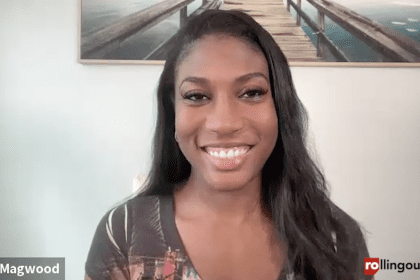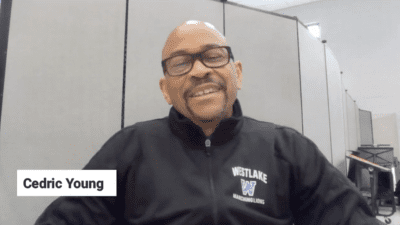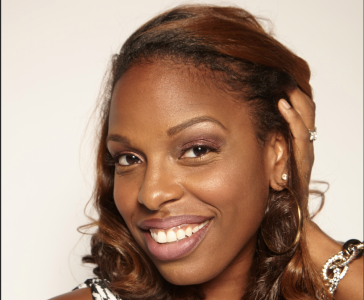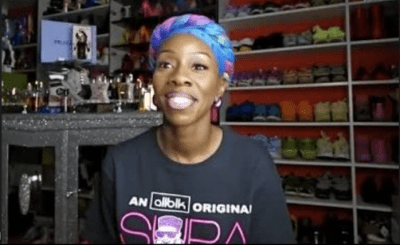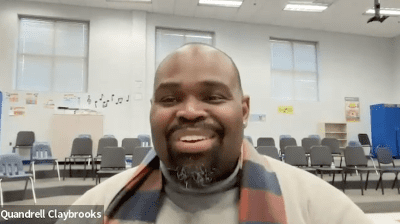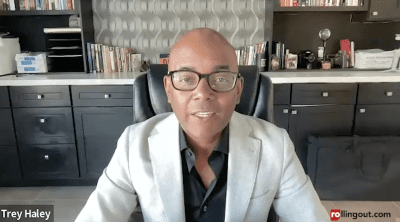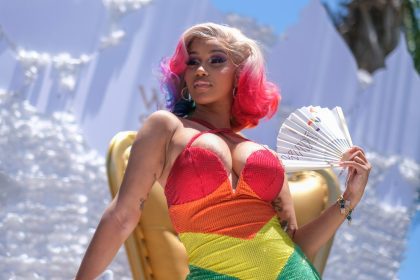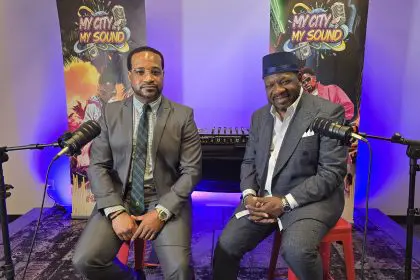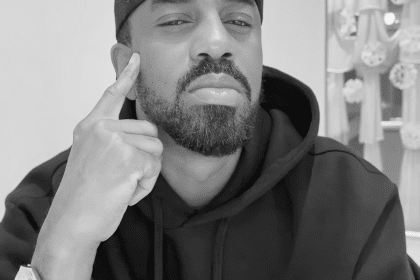Kemp Powers cut his teeth on big screen productions as a director for the popular film Spider-Man: Across the Spider-Verse, and in do so he helped change the way the world views BIPOC superheroes, . With other projects including Pixar’s Soul under his belt, he has quickly become a recognized name in the film industry.
Powers spoke with rolling out about the film, and Black representation in superheroes.
How were you able to bring Spider-Man to life as a Black superhero?
It was a collective effort. You have a huge team, you have 1,000 people, artists, and creatives, and everyone’s encouraged to think of themselves in these characters. One of the things I love about Miles Morales is I think he’s so relatable. The things that he’s going through, they’re relatable to you if you’re a Black kid, but they’re relatable to you if you’re any kid. Films and characters like this give us a wonderful opportunity to show that as unique as our experiences are, they’re still universal.
A very specific, unique experience of being a young person going into adulthood is something that the specifics are unique, but it’s a universal experience, and we never lose sight of that. I think it was a little bit easier for me to work on this story because the things that Miles was going through with his parents, I was pretty much going through with my own teenage son at the same time. I have two kids, my daughter was already an adult, but my son had just gone through that growth spurt. One of the wonderful things about Across the Spider-Verse is we felt like this whole movie just reflects the world outside our window, and when you just do that, it doesn’t even take that much effort. It’s just reality.
Why is Black representation important in superheroes?
I think everyone sitting in a theater deserves to see people who look like them. It doesn’t have to feel forced, I think what we did wasn’t, it evolved and happened naturally. That’s one of the things I’m so proud of with this film, it’s not just with Black representation but representation all across the board. It’s wild to see that audiences in a place like India came out hard core for this film because they were so excited to see a character like Pavitra. Representation is important. I think that’s been evident in almost everything I’ve done in my career. It is important to me, because I’ve seen the wealth of experiences in my own community, and I want to get that diversity of experience as much of it up on the screen as I possibly can because I think that kind of stuff reveals our humanity to one another.

